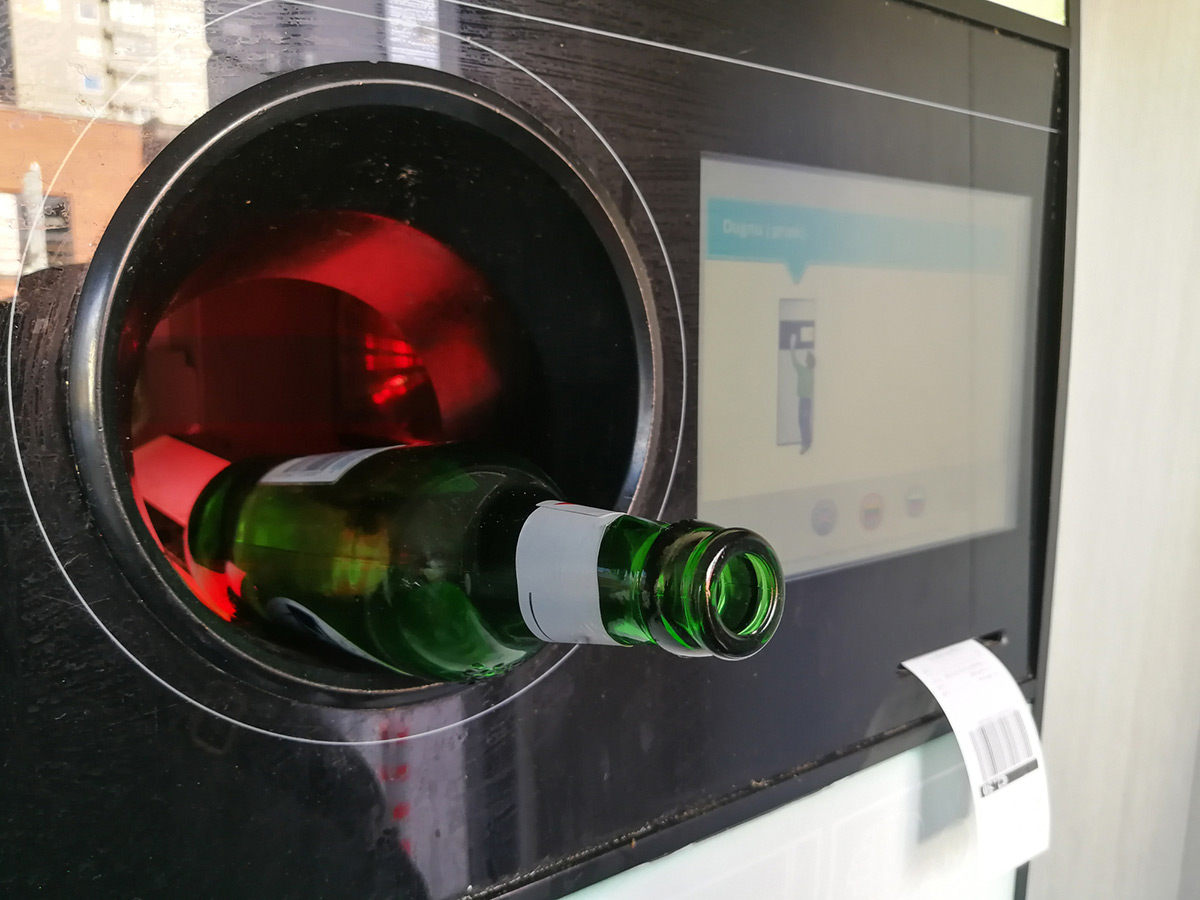The Fallacy of the Bottle Bill
On July 5, the New York Times published an article in the Business Section that makes a claim that bottle bills work at improving recycling. I am getting tired of this claim. It may be true that in bottle bill states the recovery of cans and bottles may be higher than in non bottle bills states…at least in some cases, but the article misses so many of the salient points that it is useless as a business article.

Bottle bills are feel good bills that can increase the COLLECTION of the materials that they target. But they do not guarantee that the material is actually recycled. Further, as I have noted before in these pages, bottle bills are directed at less than 6% of the solid waste stream by weight….now that number is actually less.
Let’s presume that a bottle bill is 90% effective. A dubious claim, but let’s give it the benefit of the doubt. That means that at best, it would recover 5.4% of the stream for recycling. Of course, that also presumes that there is no additional recycling taking place.
In reality, the bottle bill also creates an entirely new and additional collection system with added costs, additional transportation costs (including the emissions of additional trucks) and depletes the already limited income stream from comprehensive recycling programs, thus adding to their costs at a time when markets are poor.
For recycling to work, we need stable markets for clean, properly collected materials. The real culprit is not cans and bottles, which are in fact highly recyclable, but the other materials made by the packaging industry that are NOT recyclable in a cost effective way.
Perhaps the Business section would be better off researching the real issues with regard to recycling rather than taking the easy road.
By the way, if you really want deposit laws, why not advance disposal fees on NON-RECYCLABLE materials that render their production cost ineffective.
Read The Full Article Here:
Limited free access; NY Times subscription may be required.
As Coal Fades in the U.S., Natural Gas Becomes the Climate Battleground
